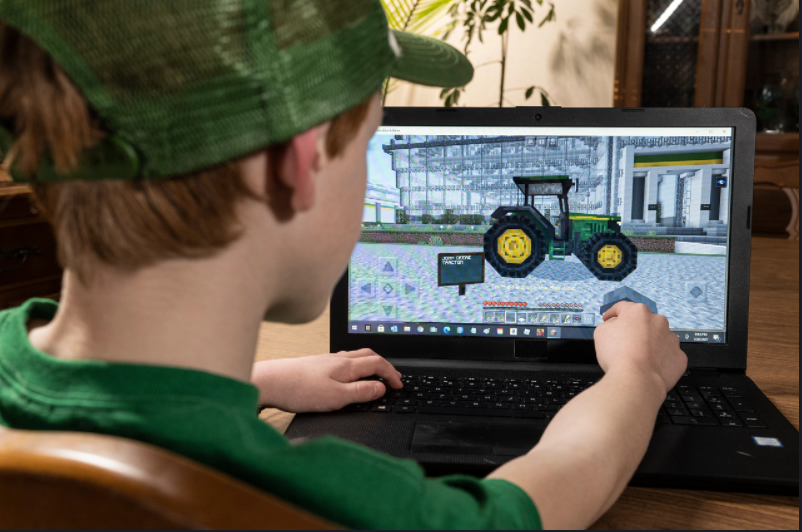GrowSpan To Host Grand Opening Event For New Venlo Glass Greenhouse On Thursday, April 3rd At Dyersville, Iowa Campus
GrowSpan's Venlo greenhouse project represents years of research and development, as well as significant investments made in manufacturing facilities and infrastructure.
GLASE Launches E-GROW Certification to Cultivate Youth Interest in AgTech and CEA
In partnership with seven project collaborators and ten middle and high schools across four U.S. states, E-GROW will launch a certificate program, preparing the next generation for careers in the rapidly evolving field of CEA.
Closing the Skills Gap in AgTech - Hartnell College
The transformation of the agricultural sector requires a tech-savvy, skilled workforce. With tech innovation outpacing workforce development, the technical skills gap that currently exists is putting a strain on many agricultural communities.
Table Top Garden
Our project consists of a controlled environment hydroponics system calibrated to grow spinach. We aim to use this project to create an in-home garden that efficiently grows vegetables integral to our everyday diets.
Could a New Renewable Energy App Help Inspire Future Climate Crusaders?
Students can explore technologies and careers through waystations, videos, 3D visualizations, and more. And teachers can access curriculum resources and activities, like a scavenger hunt that encourages users to think like a fish.
Controlled-environment agriculture research sees innovation through Project GREEEN
Throughout Project GREEEN's 25 years, the program has supported research on controlled-environment agriculture and how to increase its economic viability.
UGA awarded $4 million to design farm of the future
The long-term goal of the 4-D Farm is to develop climate-smart production systems leveraging renewable energy, automation, intelligence and human capital to meet the required food and fiber needs of a burgeoning world population.
The Sky's the Limit for Vertical Farming at University of Washington
Project IF (Indoor farm) is a small hydroponic farm housed in the basement of an on-campus academic building. This registered student organization (RSO) grows fresh food without the need for soil in hydroponic ZipGrow Towers.
A School Uses a Freight Farm for FFA Programming and Agriculture Education
Lessons on the parts of seeds, plants, and flowers and their functions and on plant reproduction are intermixed with students being tasked with identifying careers around plant science.
AeroFarms Launches 9 New Community Farms to Provide Additional 2 Tons of Fresh Food Access to 4,500+ Local Students
AeroFarms' Award-Winning Community Farms Program Expands to Provide Over 50,000 Servings of Local, Fresh Food and Empower STEAM Career Education for local school communities
Education opportunities abound from garden on roof of Tony and Libba Rane Culinary Science Center at Auburn University
The 4,400-square-foot garden is visited daily by students and faculty who ensure the space is not only beautiful but functional for the culinary laboratories and teaching restaurant,
WarrenUAS developing new leading program for drone use in agriculture
As it moves to lead the country in the study of drone use in agriculture, WCCC is developing the curriculum and technology to offer students career training in the fast-growing field - and farmers a resource that could dramatically change their practices.
TIME TO SHED NEW LIGHT ON THE ISSUE OF UK FOOD SECURITY?
Increasing the rate of photosynthesis in field crops and enabling year around production of green vegetables are among the goals to be discussed at the Agri-TechE event "Let there be Light" hosted by the University of Essex Plant Innovation Centre.
John Deere Introduces New Minecraft Experience, FarmCraft
Similar to the popular video game Minecraft, FarmCraft allows players to have the whole farm experience from the comfort of their home gaming systems.
How Colleges Around the Country Use Container Farms
Colleges around the country have found a way to add new educational programs while becoming more sustainable: Container farms. These farms are made from repurposed shipping containers and allow students and faculty to grow food all year long, without any soil.
Records 1 to 15 of 20
Featured Product

Elmo Motion Control - The Platinum Line, a new era in servo control
Significantly enhanced servo performance, higher EtherCAT networking precision, richer servo operation capabilities, more feedback options, and certified smart Functional Safety. Elmo's industry-leading Platinum line of servo drives provides faster and more enhanced servo performance with wider bandwidth, higher resolutions, and advanced control for better results. Platinum drives offer precise EtherCAT networking, faster cycling, high synchronization, negligible jitters, and near-zero latency. They are fully synchronized to the servo loops and feature-rich feedback support, up to three feedbacks simultaneously (with two absolute encoders working simultaneously). The Platinum Line includes one of the world's smallest Functional Safety, and FSoE-certified servo drives with unique SIL capabilities.

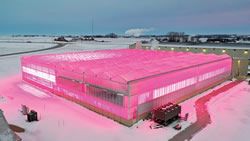




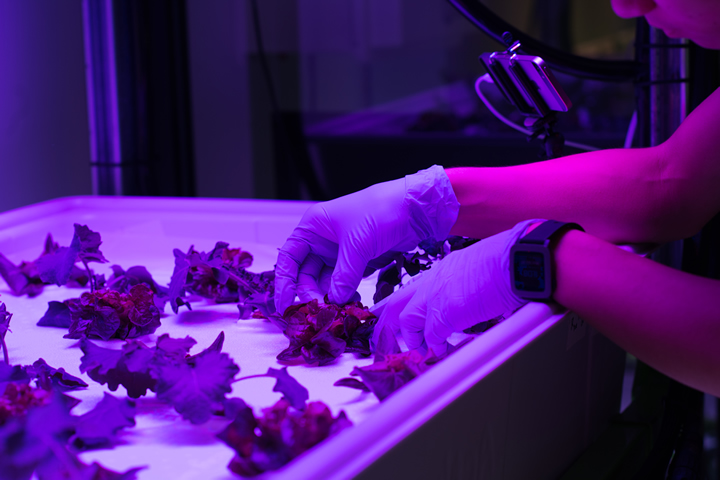
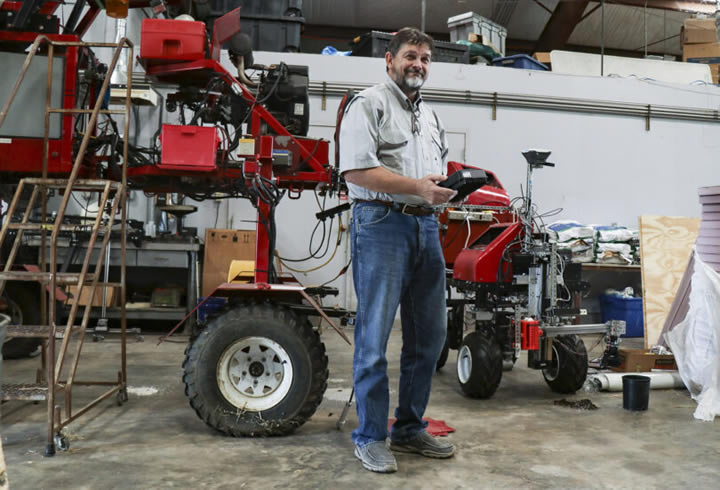
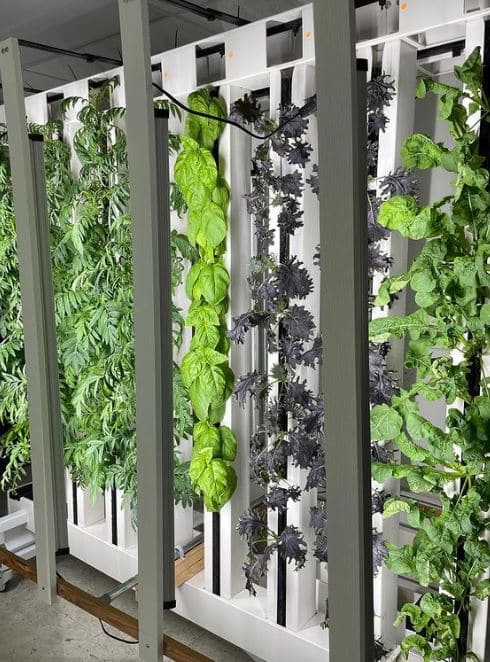

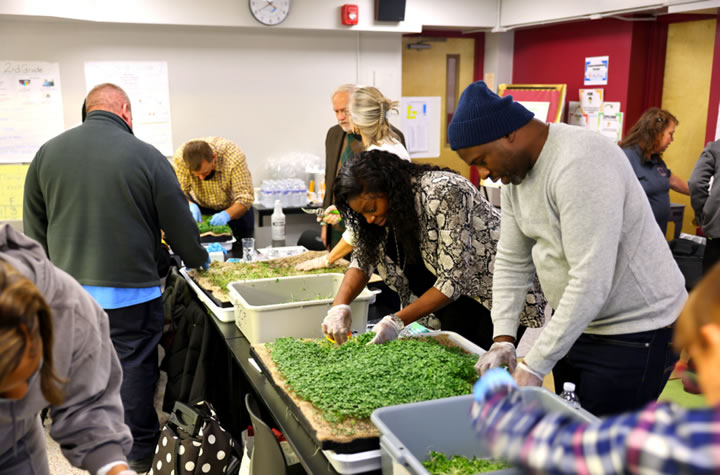
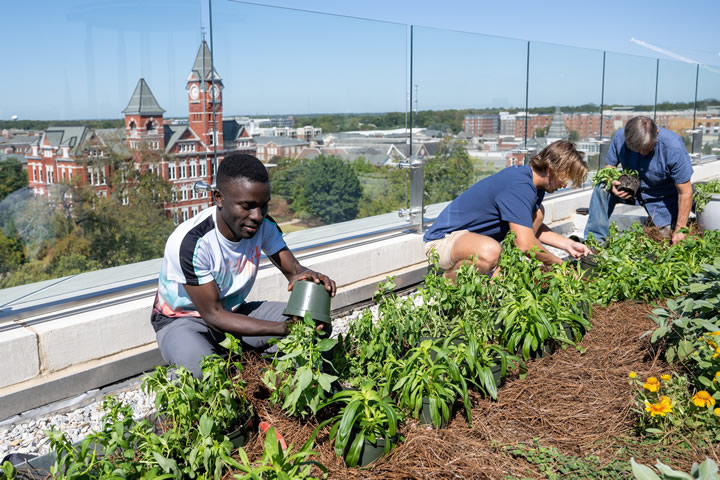
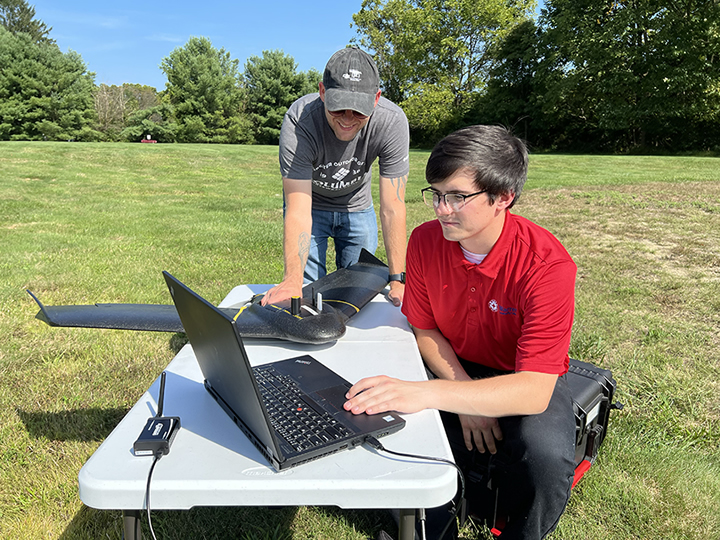
 Vitabeam.jpg)
